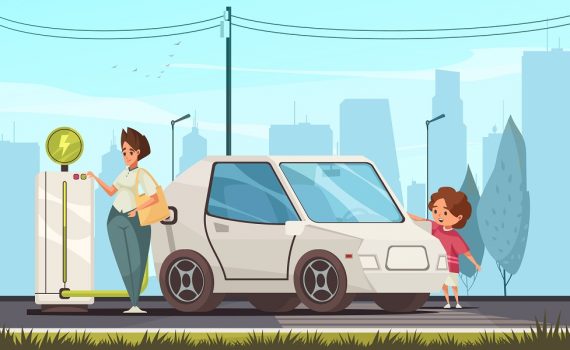
Are Electric Cars Really More Environmentally Friendly?
Category : News
Since the invention of the first electric vehicles (EVs) back in the 2000s, EVs have become more appealing in a world where reducing carbon emissions and pollution is a growing concern for many people. For one, research has shown that electric cars are better for the environment as they emit less greenhouse gases and air pollutants over their life than a petrol or diesel car.
This comes as Honda is aiming to electrify two-thirds of its global automobile unit sales in 2030. The result is the compact, fully-electric Honda e, which is part of Honda’s desire to improve the environment, particularly in busy urban areas. Engineered from the ground up to deliver a package perfect for the modern urban environment, the all-new Honda e is the ultimate creation based on the brand’s philosophy of human-centered engineering.
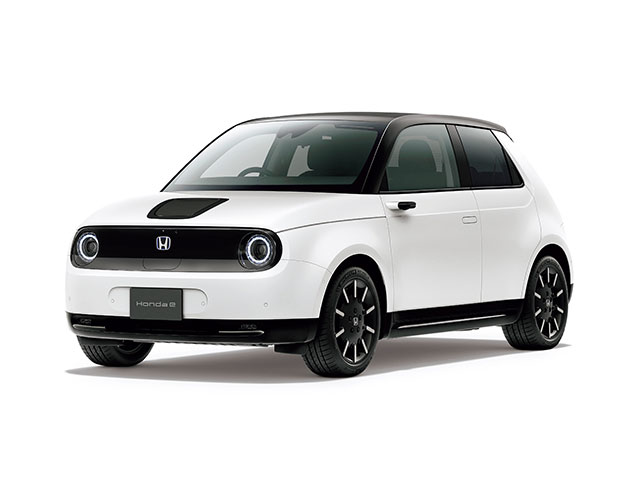
In addition, Honda is also looking to strengthen the development of electric vehicles (battery EV) in addition to fuel cell vehicles (FCV).
However, critics have been quick to question the ‘environmentally friendly’ label attached to EVs. From manufacturing concerns to battery power sources, EVs have been under scrutiny from the amount of debate and misinformation being shared by sceptics. The question remains; just how clean and green are EVs?
Today, we’re looking at the many questions about how green and clean they really are. From manufacturing concerns to the way in which electricity is generated, we look at some of the facts surrounding electric cars and their environmental impact.
Deep Dive Into EVs
The fact is that EVs are not zero emissions vehicles. While they do not emit CO2 while being driven, they might do it in 3 other stages: during manufacturing, energy production and at the end of their life cycle.
In the first case, the need for mining activities to extract the rare earth metals that are used in batteries is very energy consuming and polluting. The cycle of making a car starts with raw materials being extracted, refined, transported and manufactured into several components that will be assembled to produce the car itself.
As for the energy production, if the car is being powered with energy from burning fossil fuels, it is still releasing CO2 in the atmosphere, not from the tailpipe but from some distant power plant. In terms of energy production, EVs are known to store energy in large batteries, as the larger they are, the bigger their range is.
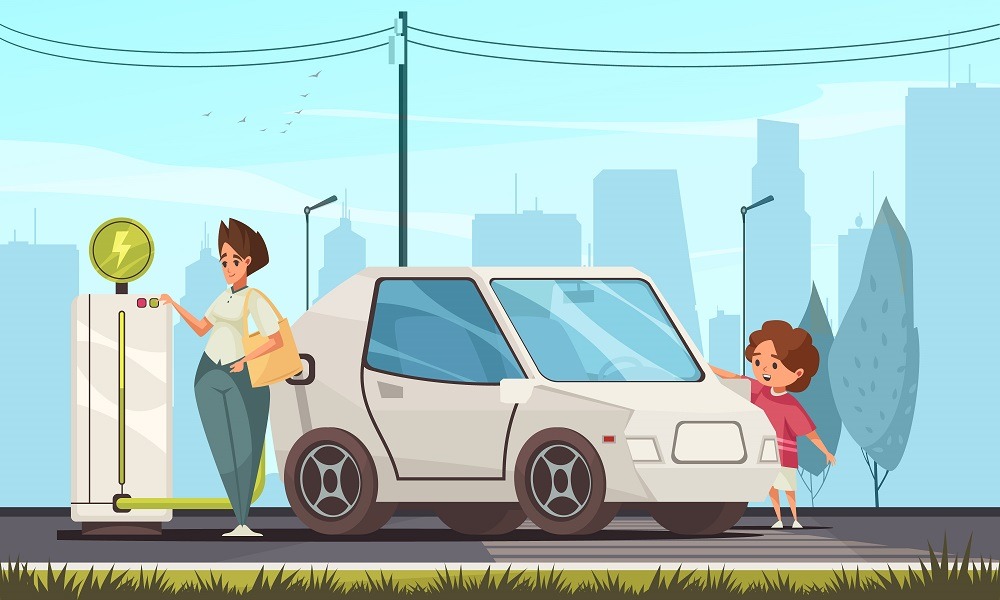
These can cause high environmental costs as batteries are often made from rare earth elements (REE) like lithium, nickel, cobalt or graphite that only exist beneath the surface of the Earth and therefore depend on mining activities with very polluting processes.
When it comes to batteries being recycled, it is still an expensive and ongoing process and most batteries are not being recycled yet. For the lithium-ion batteries used in EVs, the very specific mix of chemical components and little quantities of lithium doesn’t make them a viable recyclable material. In fact, this process is not justified by price or regulations to recover it by hydrometallurgical processes.
On The Plus Side
However, with more batteries out there, the more interesting it gets to try to figure out how to recycle them or recapture rare earth elements. So the chances are that a strong recycling industry for these batteries will keep developing and allowing electric cars to become greener.
Another solution might have to do with reusing these batteries and giving them a second life since they are able to support the electric grid of buildings and to store energy from wind or solar electricity sources. This would also help offset the environmental impacts of making the batteries in the first place.
Honda has made its intentions clear to develop their own EV architecture, and aims to build its own by 2024.
“It’s absolutely our intention to produce in our factories,” Honda of America Executive Vice President Dave Gardner said, adding that Honda has developed battery manufacturing expertise from building gas-electric hybrids. “We absolutely intend to utilize that resource.”
On the plus side, EVs do work to give us clean streets making our towns and cities a better place to be for pedestrians and cyclists. Over a year, just one electric car on the roads can save an average 1.5 million grams of CO2. That’s the equivalent of four return flights from London to Barcelona. EVs can also help with noise pollution, especially in cities where speeds are generally low. As the cars are far quieter than conventional vehicles, driving electric creates a more peaceful environment for us all.
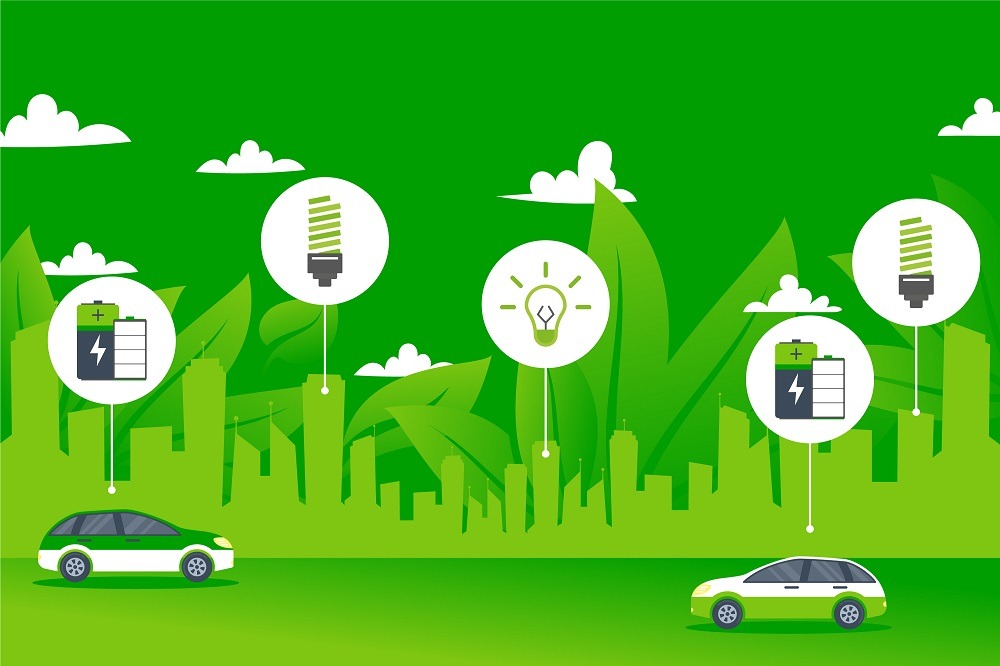
There is also a trend now where electrical grids are mostly moving towards reducing their reliance on fossil fuels and increasing their renewable energy production. With electrical vehicles already producing fewer emissions through their lifetime regardless of the energy source, it shows that EVs are indeed the vehicle of the future. Car manufacturers are also accepting the fact that electric cars are less polluting and producing more EVs will help reduce total carbon emissions.
Conclusion
As the technology becomes more mainstream, EVs are likely to become even more efficient and sustainable. Economies of scale will benefit EV manufacturing by providing better infrastructure, more efficient manufacturing techniques, recycling options and reducing the need for the mining of new materials.
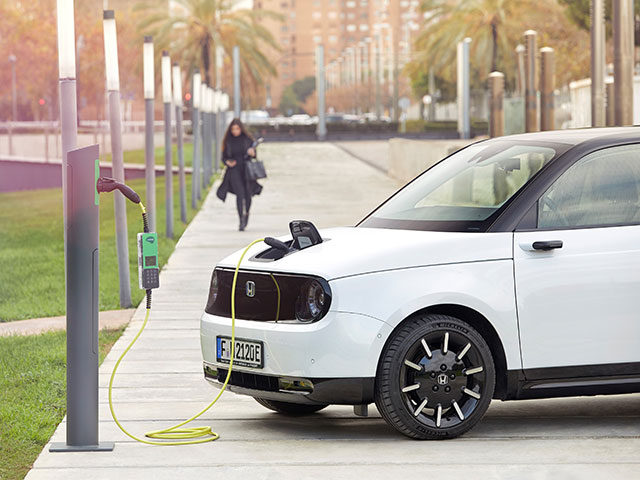
Honda’s electric strategy also includes its traditional strength — motorcycles. Honda plans to unveil three new electric two-wheelers by 2024, as well as 10 new EV cars in China within five years (its first mass-produced Honda e, released last year, has a global sales target of 10,000 units annually).
EVs should be seen as a move towards a greener tomorrow, especially when combined with greater deployment of renewables and the decarbonization of the electricity grid they offer a pathway to greatly reduce greenhouse gas emissions.
We hope you enjoyed the article!

If you’re looking for a brand new Honda car, or want to experience our brand of customer servicing, we’re here for you. As an authorized Honda 3S dealer in Penang, we at Formula Venture cover the sales, services, spare parts and accessories of Honda cars.


 04-291 3136 (Sales)
04-291 3136 (Sales)
 04-291 3008 (Service)
04-291 3008 (Service)

